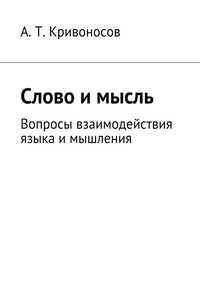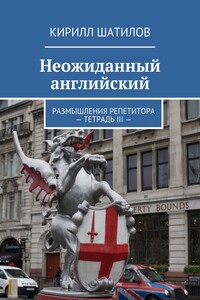Английский язык для юристов. Предпринимательское право | страница 36
– acknowledgment – признание, подтверждение (например, получения документа)
– best evidence rule – требование представления наилучших (первичных, подлинных) доказательств
– condition precedent – предварительное условие
– equal dignities rule – правило равного достоинства (акцепт должен быть осуществлен с помощью тех же самых средств, которые были использованы для производства оферты)
– equitable estoppel – лишение стороны права возражения по причине ее предшествующего поведения
– memorandum – памятная записка, меморандум, запись
– parol evidence rule – правило, исключающее устные доказательства, изменяющие или дополняющие письменное соглашение
– part performance – частичное исполнение
Some of the agreements are written, some are oral, and some are implied. The validity of the contracts did not always depend on their being in writing. It would be correct, therefore, to conclude that many contracts do not have to be in writing to be enforceable. In fact, the vast majority of contracts that are entered into every day are oral. Sometimes, of course, it is desirable to reduce a contract to writing so that the terms are clear to all parties. However, a writing is not usually required. There is a law requiring certain contracts to be in writing to be enforceable.
According to laws applicable in most jurisdictions today, six types of contracts must be in writing to be enforceable:
• contracts not to be completed within one year,
• contracts for the sale of land,
• contracts for the sale of goods of a curtain sum or more,
• contracts of executors and administrators,
• a guaranty of debts or wrongdoing of another, and
• contracts in consideration of marriage.
Just what is meant when the statute states that «the agreement must be in writing*? The writing should be intelligible. It may be embodied in letters, memos, telegrams, invoices, and purchase orders sent between the parties. It may be written on any surface suitable for the purpose of recording the intention of the parties, as long as all the required elements are present.
To be absolutely complete, a written agreement, or memorandum, as it is often called, should contain the following elements:
• terms of the agreement,
• identification of the subject matter,
• statement of the consideration promised,
• names and identities of the persons to be obligated, and
• the signature of the party sought to be bound to the agreement.



